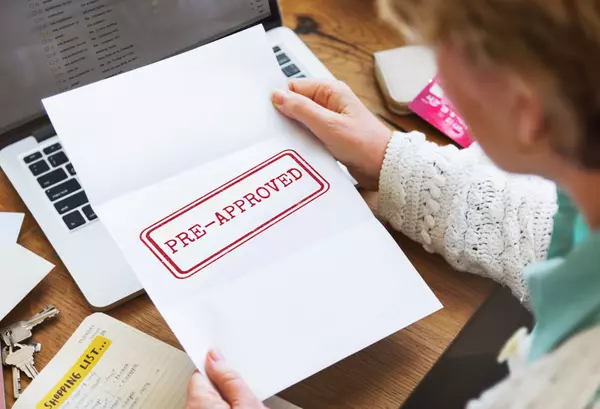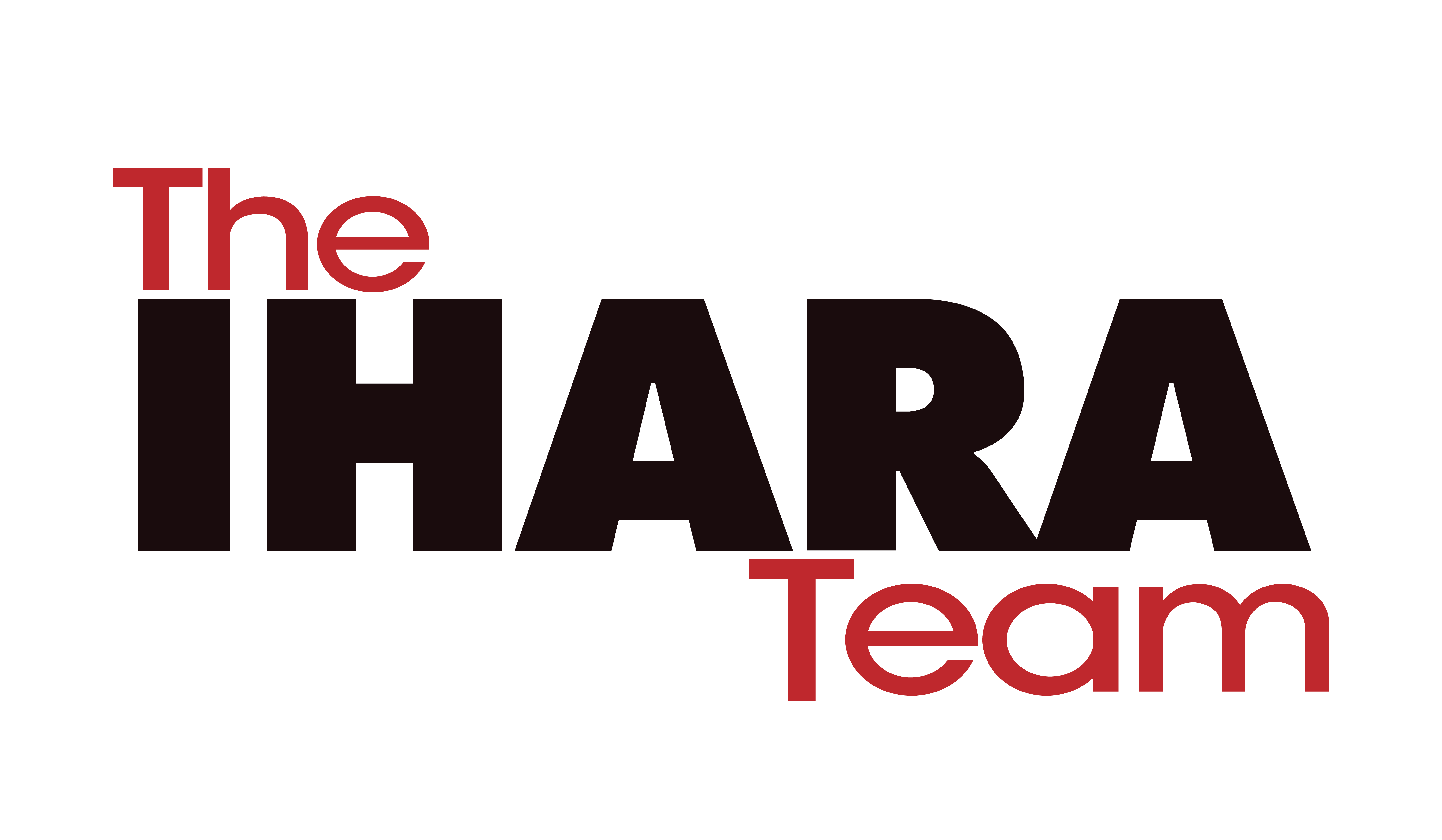
How to Protect Yourself in the Buying Process: Understand Your Rights
Buying a home is one of the biggest investments you’ll ever make, so it’s important to know your rights and protect yourself throughout the process. Understanding the rights to your contract will help you avoid costly mistakes. Understand the Contract: Know Your RightsOnce you’re in escrow, you have

Escrow: What to Expect and How to Prepare
Escrow is the final step before becoming a homeowner, where all the details of the sale are finalized. Here’s what you need to know and do to ensure a smooth process: What Is Escrow and Why Does It Matter? Escrow is a neutral third-party process that protects both you and the seller. The escrow comp

Making an Offer: Strategies for Success
The Most Important Thing to Know When Making an Offer Does the seller already have offers in hand, or are they expecting any? Knowing this will help you understand whether you’re competing against other buyers, which will shape your strategy. How to Determine Your Offer Price Start by understanding
Categories
Recent Posts










